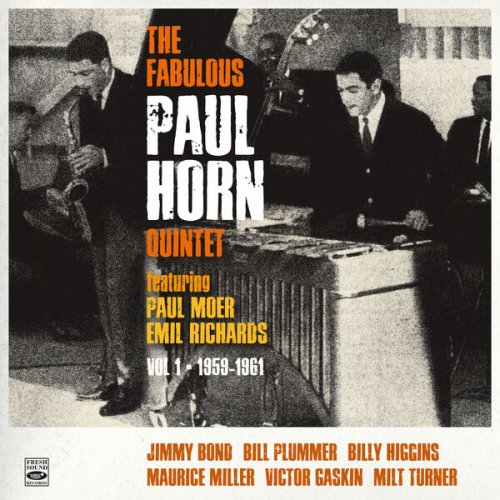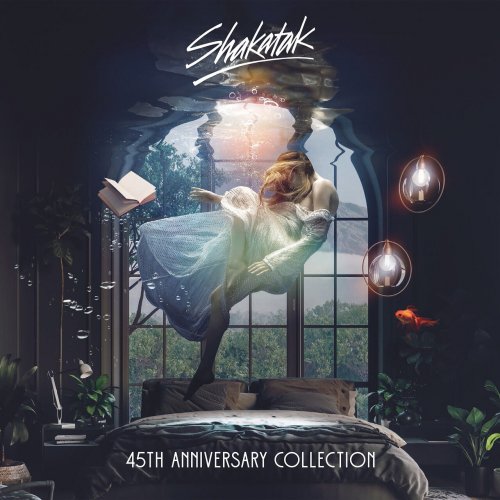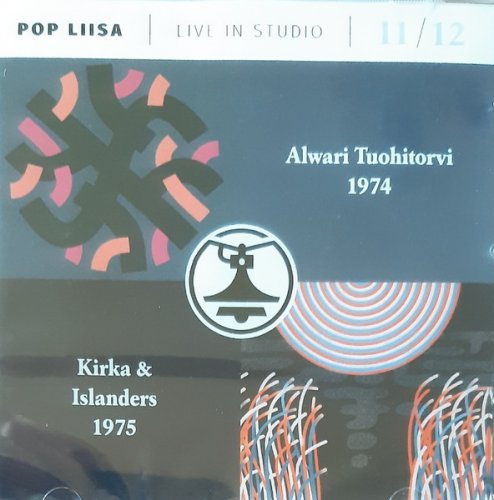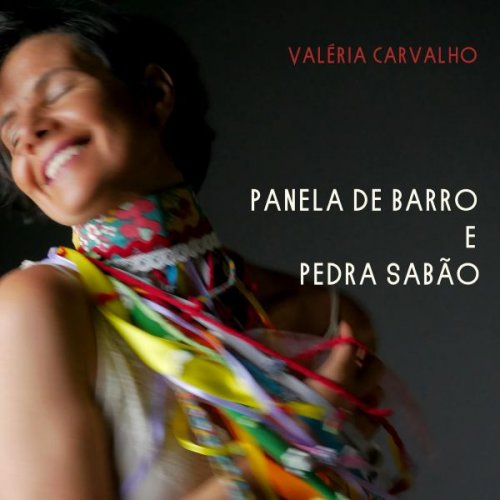Leslie Howard - Rubinstein: Piano Sonatas Nos. 1 & 3 (1990)
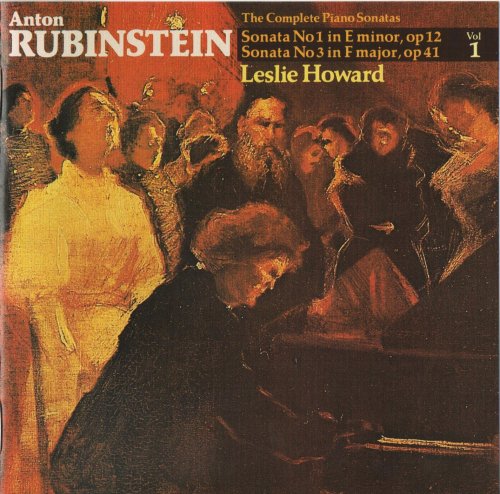
Artist: Leslie Howard
Title: Rubinstein: Piano Sonatas Nos. 1 & 3
Year Of Release: 1990
Label: Hyperion
Genre: Classical
Quality: FLAC (image+.cue,log,scans)
Total Time: 56:22
Total Size: 288 Mb
WebSite: Album Preview
Tracklist: Title: Rubinstein: Piano Sonatas Nos. 1 & 3
Year Of Release: 1990
Label: Hyperion
Genre: Classical
Quality: FLAC (image+.cue,log,scans)
Total Time: 56:22
Total Size: 288 Mb
WebSite: Album Preview
01. Piano Sonata No. 1 in E major, Op. 12- Allegro appassionato [0:06:47.08]
02. Piano Sonata No. 1 in E major, Op. 12- Andante largamente [0:06:34.05]
03. Piano Sonata No. 1 in E major, Op. 12- Moderato [0:04:30.00]
04. Piano Sonata No. 1 in E major, Op. 12- Moderato con fuoco [0:07:20.07]
05. Piano Sonata No. 3 in F major, Op. 41- Allegro risoluto e con fuoco [0:09:16.73]
06. Piano Sonata No. 3 in F major, Op. 41- Allegretto con moto [0:06:11.40]
07. Piano Sonata No. 3 in F major, Op. 41- Andante [0:07:54.07]
08. Piano Sonata No. 3 in F major, Op. 41- Allegro vivace [0:07:50.50]
Performers:
Leslie Howard – piano
Nowadays there are a great many people who, upon encountering the name Rubinstein, would only think automatically of the Polish pianist, the late Artur Rubinstein. However, our subject (no relation) is the once world-renowned Russian composer and pianist Anton Grigoryevich Rubinstein who was born in Balta Podalia (Ukraine) on 28 November 1829. He died in Peterhof on 20 November 1894.
In his lifetime, Anton Rubinstein was highly regarded as a pianist, as a conductor, as the first great Russian teacher whose methods and administration are still echoed in the modern Russian musical institutions, and as a prolific composer. Although he was certainly a conservative composer, he was also an influential one, and those who are lucky enough to unearth any of the once famous large-scale works can immediately see passages which were imitated by younger composers whose fame eventually eclipsed Rubinstein’s. Although the Romantic revival seems largely to have passed Rubinstein by—he is still recalled for a small handful of piano pieces and songs—there is always a case for reviving music which, in its time, was so well respected and which, in any case, is agreeable and well made.
Rubinstein’s own piano playing was one reason for the original success of his sonatas and concertos. He was, by general concensus, the greatest pianist since Liszt, and there are many accounts of performances which ranged from deeply sensitive to electrifying, though unfortunately he died just a little too early to leave us any recordings. His repertoire was enormous and all-embracing, and his most famous series of concerts was the cycle of seven Historical Recitals with which he toured Europe in 1885. These programmes began with early keyboard music of the English, French, Italian and German schools, moving through all the important Classical and early Romantic composers and ending with a selection of Russian piano music. Schumann and Chopin featured above all others. Only early music of Liszt appeared (Rubinstein felt that Liszt’s later forays into modern harmony were unacceptable) and Brahms was not featured at all (he loathed Brahms’s music, partly because Brahms had borrowed a great many ideas from him without acknowledgement, and had then written a great many unkind things about the very pieces by which he had been influenced).
Anton Rubinstein wrote music which followed the path set out by Chopin and Schumann. Chopin's 2nd and 3rd sonatas and to a lesser degree the G Minor Schumann remain in the frequently programmed repertoire. Both composers wrote fabulously for the piano but in many different forms.These two sonatas by Anton Rubinstein are very listenable. The slow movements are lyrical and beautiful. The fast movements display the virtuoso technique which Rubinstein was known for. I am sure they were wonderful showpieces for the romantic and virtuoso side of this composer. The music is not near the transcendent level of Beethoven, or as beautiful and romantic as Chopin,Schumann, or Liszt. However, the music is enjoyable and merits hearing. Leslie Howard is an excellent pianist well recorded by Hyperion in this 1980's recording. It is wonderful that Howard has championed this music.
In his lifetime, Anton Rubinstein was highly regarded as a pianist, as a conductor, as the first great Russian teacher whose methods and administration are still echoed in the modern Russian musical institutions, and as a prolific composer. Although he was certainly a conservative composer, he was also an influential one, and those who are lucky enough to unearth any of the once famous large-scale works can immediately see passages which were imitated by younger composers whose fame eventually eclipsed Rubinstein’s. Although the Romantic revival seems largely to have passed Rubinstein by—he is still recalled for a small handful of piano pieces and songs—there is always a case for reviving music which, in its time, was so well respected and which, in any case, is agreeable and well made.
Rubinstein’s own piano playing was one reason for the original success of his sonatas and concertos. He was, by general concensus, the greatest pianist since Liszt, and there are many accounts of performances which ranged from deeply sensitive to electrifying, though unfortunately he died just a little too early to leave us any recordings. His repertoire was enormous and all-embracing, and his most famous series of concerts was the cycle of seven Historical Recitals with which he toured Europe in 1885. These programmes began with early keyboard music of the English, French, Italian and German schools, moving through all the important Classical and early Romantic composers and ending with a selection of Russian piano music. Schumann and Chopin featured above all others. Only early music of Liszt appeared (Rubinstein felt that Liszt’s later forays into modern harmony were unacceptable) and Brahms was not featured at all (he loathed Brahms’s music, partly because Brahms had borrowed a great many ideas from him without acknowledgement, and had then written a great many unkind things about the very pieces by which he had been influenced).
Anton Rubinstein wrote music which followed the path set out by Chopin and Schumann. Chopin's 2nd and 3rd sonatas and to a lesser degree the G Minor Schumann remain in the frequently programmed repertoire. Both composers wrote fabulously for the piano but in many different forms.These two sonatas by Anton Rubinstein are very listenable. The slow movements are lyrical and beautiful. The fast movements display the virtuoso technique which Rubinstein was known for. I am sure they were wonderful showpieces for the romantic and virtuoso side of this composer. The music is not near the transcendent level of Beethoven, or as beautiful and romantic as Chopin,Schumann, or Liszt. However, the music is enjoyable and merits hearing. Leslie Howard is an excellent pianist well recorded by Hyperion in this 1980's recording. It is wonderful that Howard has championed this music.
![Asher Gamedze - A Semblance: Of Return (2026) [Hi-Res] Asher Gamedze - A Semblance: Of Return (2026) [Hi-Res]](https://www.dibpic.com/uploads/posts/2026-02/1772032727_a2374104512_10.jpg)
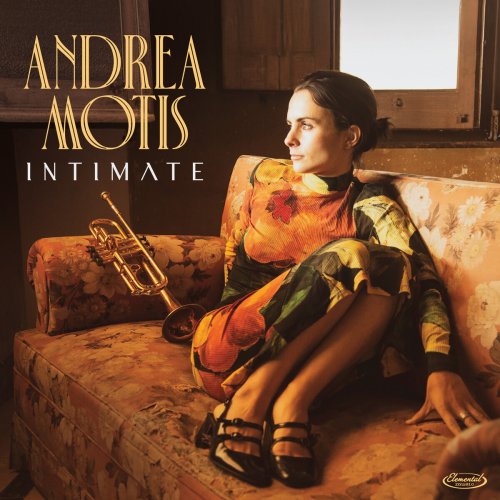
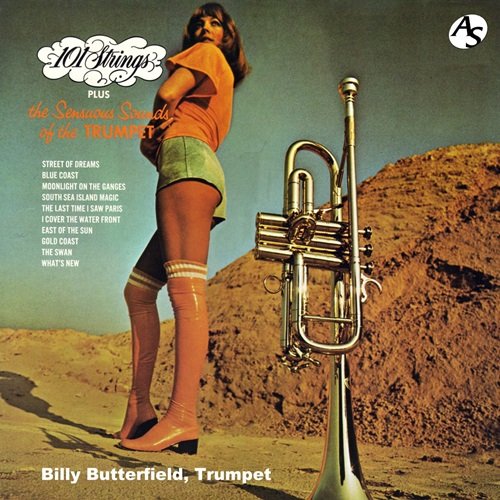
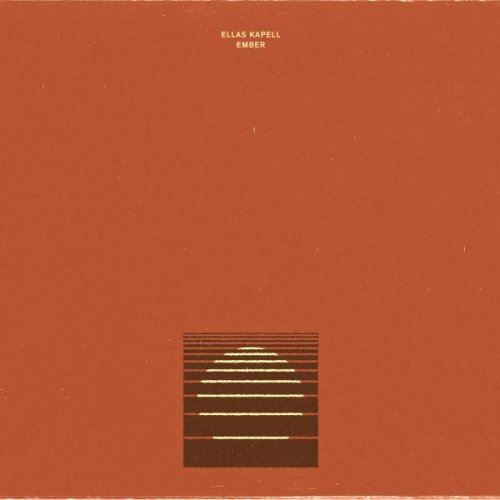
![Herminio Bello De Carvalho - Hermínio Bello de Carvalho 90 (2026) [Hi-Res] Herminio Bello De Carvalho - Hermínio Bello de Carvalho 90 (2026) [Hi-Res]](https://img.israbox.com/img/2026-03/01/7d9otuo4k41izuhqy3mc75spu.jpg)
